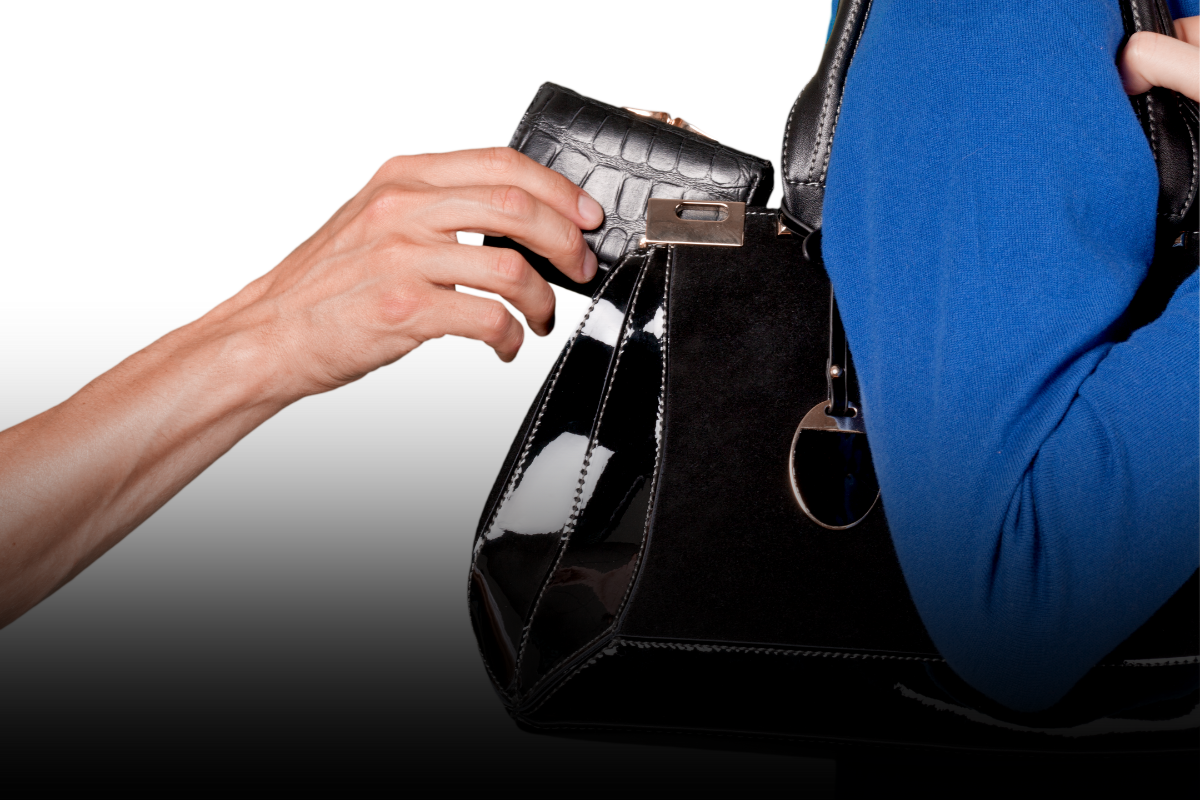Stealing property is a criminal offense in NC, even if it’s valued under $500. Yes, the amount might seem minor, but the legal consequences aren’t. Protect your rights, your freedom, and your future by contacting a local North Carolina lawyer.
North Carolina law classifies theft under $500 as larceny of property, which can carry misdemeanor charges, fines, and potential jail time. Understanding the legal process and how to protect your rights is essential if you face such allegations.
This blog explains how North Carolina handles theft under $500, common outcomes, and how a criminal defense attorney can help.
How Theft Under $500 Works Legally
Classification of the Offense
In North Carolina, theft of property valued under $500 is generally considered a Class 1 misdemeanor, under N.C. Gen. Stat. § 14-72. Key points include:
- Theft does not require the property to be taken directly from a person; it can include stores, homes, or unattended items.
- Intent matters: prosecutors must prove that you intended to permanently deprive the owner of the property.
- Even small-value thefts are taken seriously because they demonstrate criminal intent.
Common Scenarios
- Shoplifting items from a retail store
- Taking a co-worker’s or neighbor’s property
- Unauthorized removal of tools, electronics, or personal items under $500
What Should You Do If…
You Are Accused
- Contact a North Carolina criminal defense attorney immediately to understand your rights.
- Avoid discussing the incident with law enforcement without legal counsel, as anything you say can be used against you.
- Document any evidence that may show a lack of intent, mistake, or misidentification.
You Made a Mistake or Are Innocent
- Provide proof of ownership or accidental possession if applicable.
- Work with your attorney to present mitigating factors, such as returning the property, demonstrating good character, or lack of prior criminal record.
Working With Legal Counsel
An experienced criminal defense attorney can help:
- Negotiate reduced charges or alternative sentencing
- Represent you at court hearings
- Protect your record from unnecessary convictions
Common Penalties or Outcomes
For property stolen under $500, potential consequences in North Carolina include:
- Misdemeanor conviction: Class 1 misdemeanor with possible jail time up to 120 days
- Fines: Up to $1,000, depending on the court’s discretion
- Restitution: Repayment to the property owner for the stolen item’s value
- Probation: May be offered instead of jail for first-time or low-risk offenders
- Criminal record: Even a misdemeanor can impact employment, housing, and professional licensing
Aggravating circumstances, such as repeat offenses or prior criminal history, may increase penalties.
Key Takeaways
- Theft under $500 is classified as a misdemeanor in North Carolina, but still carries serious consequences.
- Intent to steal is the key element the prosecution must prove.
- Early legal representation is critical to protecting your rights, minimizing penalties, and exploring alternative outcomes.
- Returning the property, providing evidence, and cooperating through legal counsel can help mitigate consequences.
Suggested Internal Links
- Charlotte Criminal Defense Lawyer
- North Carolina Criminal Defense Attorney
- What Happens If You Are Accused of Theft in NC
If you have been accused of stealing property under $500 in North Carolina, contact Martine Law for immediate legal guidance. Our experienced criminal defense attorneys will protect your rights and help you navigate the legal system.
FAQs
Can a first-time misdemeanor theft charge be dismissed in NC?
It may be possible, especially with restitution, lack of prior record, or negotiation by a skilled attorney.
What if the stolen property was accidentally taken?
Intent is crucial. Evidence showing lack of intent can be a strong defense.
How long does a misdemeanor theft conviction stay on my record?
Misdemeanors remain on your criminal record indefinitely unless addressed through legal remedies not handled by Martine Law.
Can I avoid jail for a theft under $500?
Depending on your record and circumstances, probation, community service, or fines may be alternatives.
Should I hire a lawyer immediately after being charged?
Yes. Legal counsel is critical to protect your rights and minimize consequences.



